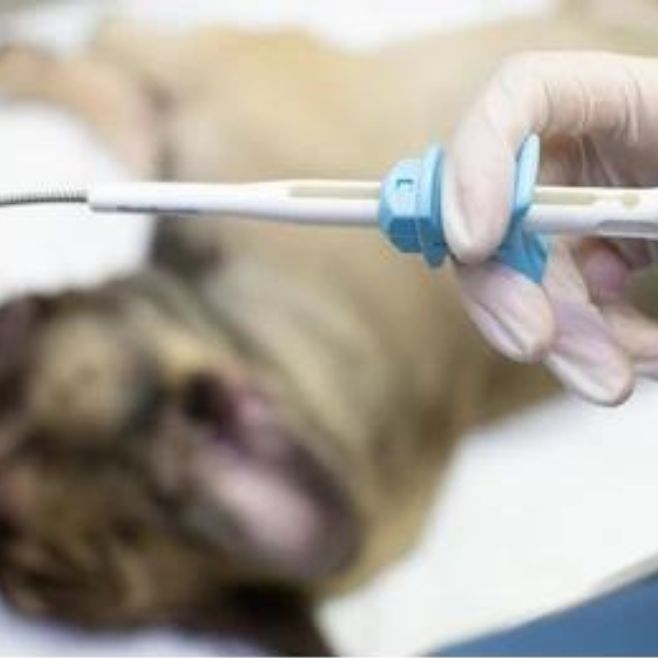
Wellness Exams for Pets: Why Regular Check-Ups Are Vital for Your Furry Friend's Health
Call (786) 536-5144
Learn why wellness exams for pets are crucial for maintaining your pet's health and preventing illnesses. Discover what happens during a wellness exam, when to schedule one, and what questions to ask your vet.

